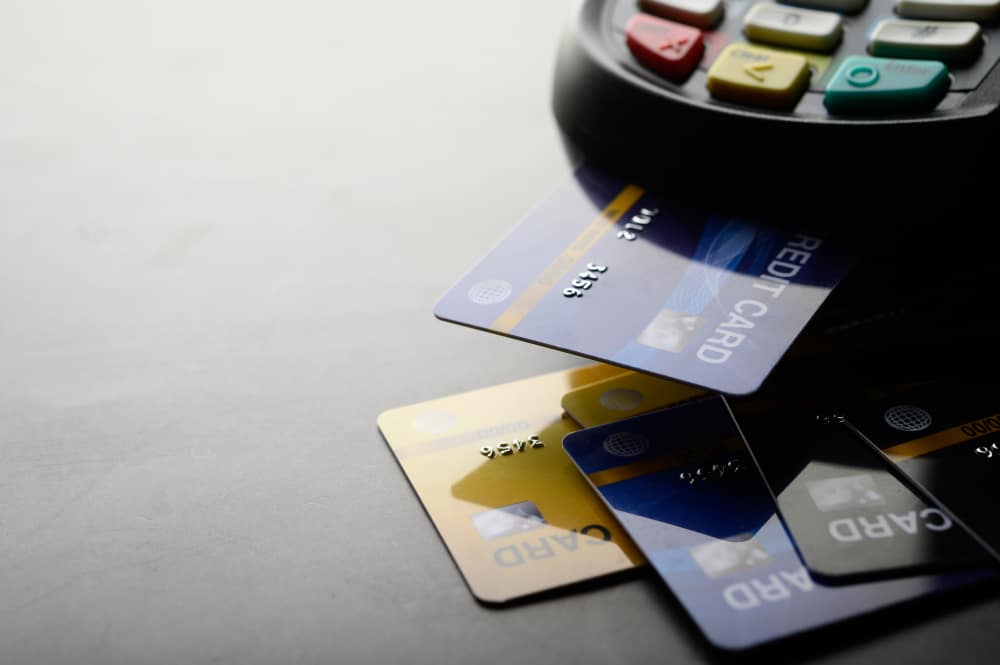Only 3 in 10 Italians think that in 4 years, payments in our country will still be predominantly made with cash.
Summary
The study by Visa and Ipsos
These findings come from a study conducted by Visa and Ipsos, interviewing a sample of Italians to explore their opinions on digital payments.
As far as their opinion and advantages of digital payments are concerned, the responses were quite different, but everyone seems to favor digital payments for their convenience and speed in making them.
According to 62% of respondents, digital payments would be more convenient (a percentage that goes up to 67% in the so-called Baby Boomers surveyed), for 57% they would be preferred because they are fast and easy to use (according to 47% of Italians surveyed).
Again the report points out that Italians are also quite advanced when it comes to new trends in digital forms of payment. For example, 54% have already heard of Open Banking (banking system from open data, in which financial information is shared, subject to the customer’s consent, between banks and with external companies), half already know about Buy Now Pay Later (short-term consumer financing service) and 10% said they already own cryptocurrencies.
The survey was conducted among a sample of 1,800 Italians between the ages of 18 and 64, from different social groups. Broadening it further to the uses of digital payments, the report shows how 31% of Italians surveyed use travel services at least once a week, such as public transportation, paid parking, and sharing mobility services, which are necessarily paid for through digital forms of payment. Among them there seems to be a lot of interest in being able to use a single payment app for travel. 51% of respondents consider it relevant to have more sustainable tools that can measure the impact on the environment of their purchases.
Online shopping trends

Looking at the last 10 purchases made among respondents, 44% say they made them with credit or debit cards, while 15% say they used prepaid prepaid cards (most used among young people with 24% of the sample) and with 1 payment in the last 10 made via app.
The only drawback of this form of payments seems to be related to security in making transactions, which still frightens a good portion of Italians, even among the young, which is certainly more surprising, where 40% of respondents still express such fears in using digital payments.
“Today, Italy is a vibrant country in terms of payment tools. We have to take into account not only the expectations toward an increasingly digitized world but also the concerns expressed by users about security. At Visa, we have invested $9 billion globally over five years to protect and reduce security risks. Through artificial intelligence, we help prevent $25 billion a year in fraud globally. Notably, the fraud rate for contactless payments in Europe is currently the lowest compared to all forms of card payments, at under 0.01%”,
commented Stefano M. Stoppani, Country Manager Visa Italy.




